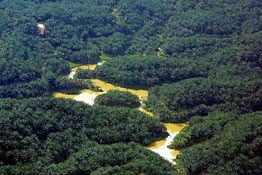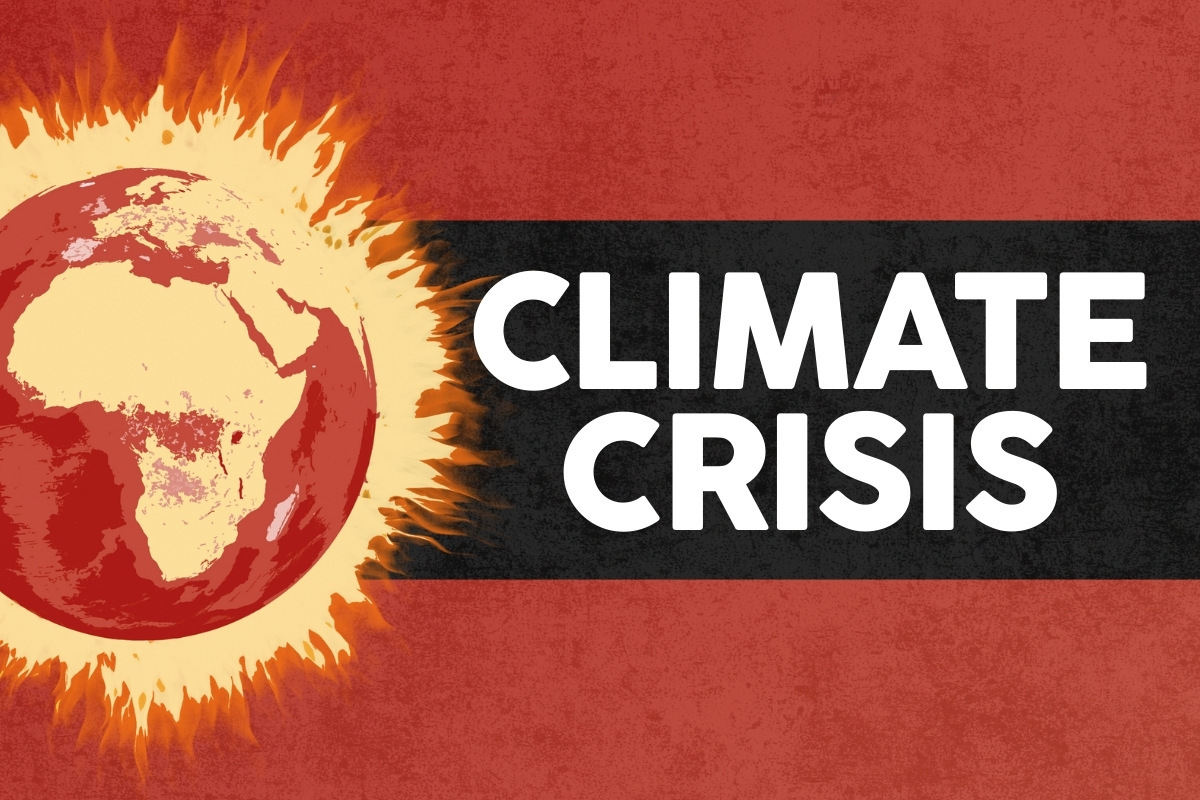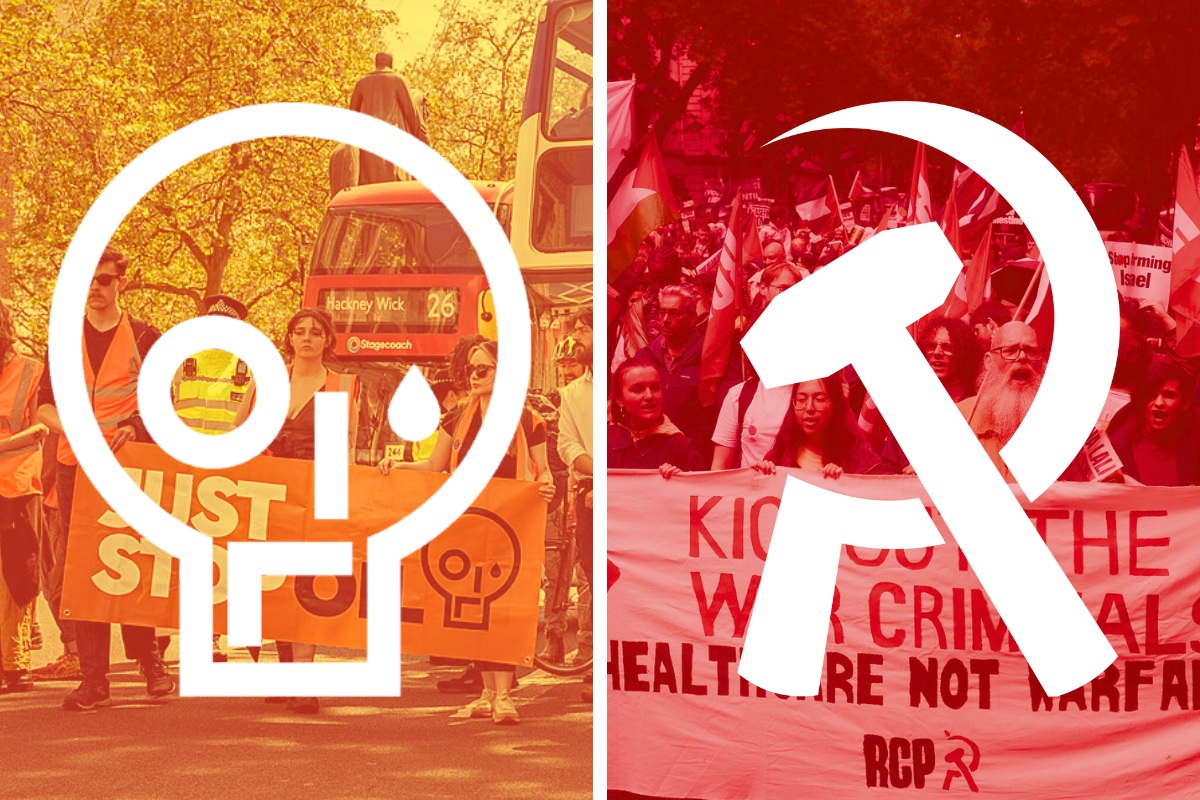Britain, like all the other capitalist countries, is
dependent on burning fossil fuels as our basic energy source. It is obvious
that fossil fuels must run out one day. It is also well known that carbon
emissions from burning fossil fuels contribute to climate change. One
‘solution’ put forward to this is to grow your own biofuel.

The government’s policy on encouraging the use of biofuels
for transport is under attack from scientists and environmentalists because the
biofuels are more damaging to the environment than the fossil fuels they
replace!
The UK government target, negotiated with other members of
the EU, is for 5% of petrol and diesel sold at the pumps to be from biofuel
sources by 2010 and 10% by 2020. An
alternative proposal debated by the EU, but then vetoed by Germany, was to
require car manufacturers to improve vehicle efficiency.
The US Government is
also pursuing a similar policy, and is heavily subsidising the farming of maize
for biodiesel. But although it is
publicised as a "Green" policy and touted as a way of combatting
global warming by reducing CO2 emissions, it really has more to do with
diversifying fuel supplies so that the developed countries are less dependent
on oil supplies from the Middle East, Venezuela and the countries of the former
Soviet Union. In any case it is widely
recognised that supplies of fossil fuel are being depleted rapidly and will
become increasingly expensive as supplies get scarce.
In terms of their effect on
the emission of greenhouse gases, biofuels as presently produced are not
simply ineffective, they are far worse than fossil fuels because forests are
being cleared, by burning, to provide the land to grow biofuel crops like
palms.
More Damaging
George Monbiot has estimated that they are ten times more
damaging to the environment than fossil fuels, and has called for a 5-year
moratorium on their use. This is also
the view of top environmental scientists such as Renton Righelato from the
World Land Trust and Roland Clift, professor of environmental technology at
Surrey University.
Clift has called the government’s policy a "scam"
and said "We calculate that the land will need to grow biodiesel crops for
70-300 years just to compensate for the CO2 emitted in forest
destruction."
Even when existing agricultural land and not virgin forest
is used, it’s a scam (according to Professors Pimentel and Patzek of Cornell
and Berkeley Universities) because, in the US, the energy consumed by machinery
in the process of growing the maize and in the conversion to bioethanol from
the raw product is three times as much energy as there is in the liquid fuel
you get at the end. The massive federal
and state subsidies needed to make this happen come out of the taxes paid by
American workers.
Pimentel and Patzek’s energy figures are contested by
biofuel industry experts, who claim that for every 1 unit of fossil fuel energy
used, 1.13 to 1.34 equivalent units of bioethanol are created. So even with the most optimistic assumptions
built in the gains are quite small. On these figures the USA would need more
than twice the total farmland it possesses just to meet its energy needs. Obviously the USA and Europe are going to
get their main biofuel resources from elsewhere.
The resulting pressure on global land resources is driving
up the price of food everywhere. For example the price of maize doubled between
January 2006 and March 2007. This leads
to increased hardship for the very poorest sections of society who must spend a
far greater proportion of their income on food than the well-off.
Carbon emissions have to be cut. One reason for the
acceleration of emissions being pumped out is that our economy is unplanned.
Private transport, particularly the car, is the only way many people can get
about. We need to take our privatized public transport back into public
ownership, invest in it, and build it up as a way of travelling that is a
viable alternative to the car.

Capitalists treat natural resources as something to be
looted for profit. They don’t care what environmental damage they do, as it’s
someone else’s problem. This must stop! We need planning on a world scale to
deal with the environmental problems created by capitalism.





